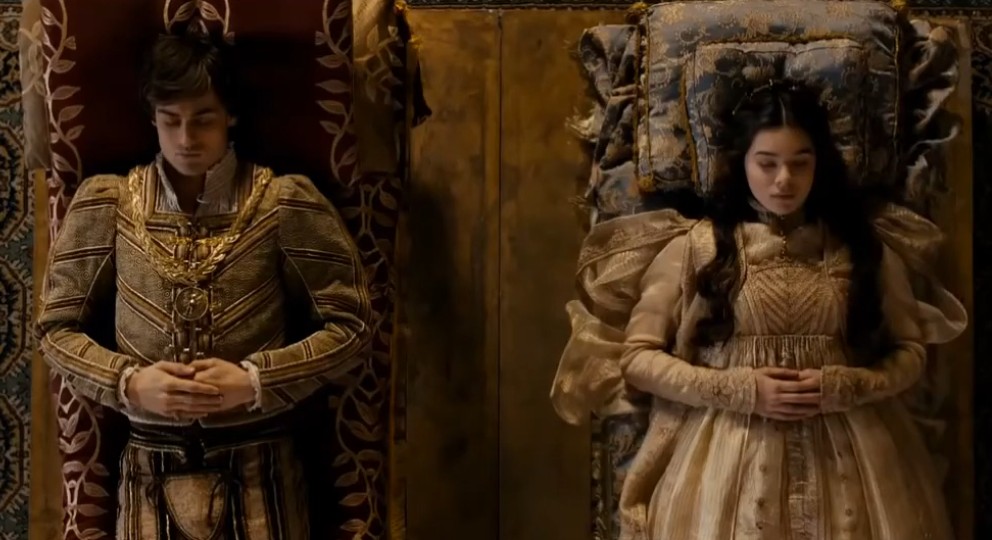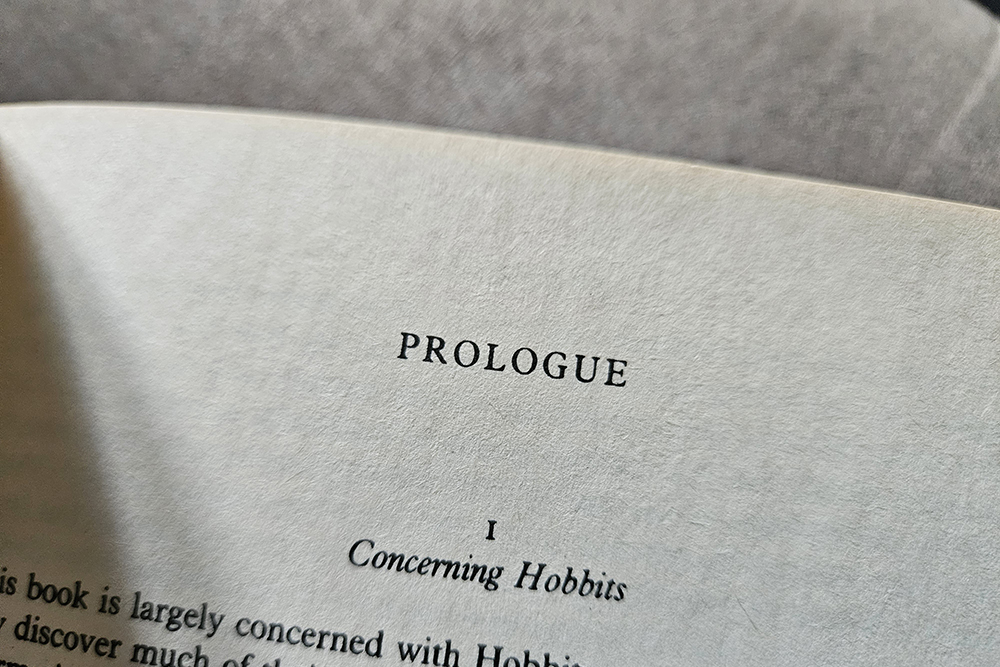Just when you thought a story was done, sometimes there’s still room for an epilogue.
Stories often end with a moment of resolution — a final beat that feels like the natural place to close the book, fade to black, or lower the curtain. Yet life rarely ties itself up so neatly. Even after the central conflict has been resolved, something still lingers: a last insight, a shift in perspective, or a glimpse of what comes next. This lingering space is where the epilogue lives.
In this article, I will look at the definition of epilogue, give some examples, and offer a Story Weapon to see if an epilogue would fit for your story.
An epilogue offers a brief glimpse into a story’s world after the main plot ends, reinforcing its themes or showing what becomes of the characters. While not always necessary, it can deepen emotional resonance or provide closure — especially in longer works — if it reveals something essential beyond the final chapter.
What is an epilogue?
An epilogue is a concluding piece after a story has ended. They generally serve as a reminder of thematic elements to the audience and allow us to glimpse, for a moment, the world of the story without the story itself.
While stories may end, the lives of their characters — and the themes that shaped them — often continue beyond the final page.
“If a person survives an ordinary span of sixty years or more, there is every chance that his or her life as a shapely story has ended and all that remains to be experienced is epilogue. Life is not over, but the story is.”
– Kurt Vonnegut
Examples of epilogues
Epilogues show up in all manner of stories for the page, the stage, and the screen.
Book example
In literature, George Orwell’s Animal Farm has a great epilogue that ties the story back to the themes driving it. The opening paragraph of the epilogue reads:
“Years passed. The seasons came and went, the short animal lives fled by. A time came when there was no one who remembered the old days before the Rebellion, except Clover, Benjamin, Moses the raven, and a number of the pigs.”
The events of the main plot have long passed and most characters in that world have forgotten it all together. That’s how it is in life; a bunch of things happen and, after a certain point, they vanish even from distant memory. The themes or motifs that structured the events of the story still exist; we get to see them played out again and again.
Play example
In works for the stage, Greek plays often included the Chorus returning at the end to emphasize the lessons in the tale. We see the same tradition in a few works of Shakespeare’s, such as Two Noble Kinsmen, Romeo and Juliet, and As You Like It. In fact, to make sure the audience would stay after the ending of the play, the epilogue of Two Noble Kinsmen begins with a character saying to the crowd: “Pray, yet stay awhile.”
What happens after the story, in each of these plays, serves as a reminder of the story’s message. In As You Like It, the audience is treated to a reflection on the play’s events from the perspective of a few characters.
In Romeo and Juliet, the epilogue tells us of how the Montagues and the Capulets have mended their ways in response to what they learned from the death of their children. We’re left with the words of the Prince, who sums it all up:
A glooming peace this morning with it brings.
The sun for sorrow will not show his head.
Go hence to have more talk of these sad things.
Some shall be pardoned, and some punishèd.
For never was a story of more woe
Than this of Juliet and her Romeo.

Movie example
In the world of film, the art of epilogue has been well-explored. We’re all familiar with the montage after the characters finish up the plot, where we get some text on the screen or a voiceover telling us what happened to them after they left the story. Some of them were redeemed, while others remained stuck in their ways.
In The Dark Knight Rises, we follow Alfred Pennyworth to a restaurant and see, from his perspective, Bruce Wayne and Selina Kyle living their “happily ever after.” The people remain, having changed and grown, but their alter egos died when the story ended.
Should you include an epilogue?
Some writers believe firmly that a strong ending removes the need for an epilogue, while others rely on it in all their works. This comes down to a matter of taste. Do you enjoy the epilogues you’ve read? Trust your gut on the matter.
Fitting for longer stories or a series
An epilogue may be especially appropriate for a lengthy work. After all, we’ve spent a lot of time with these characters and it’s so rewarding to see how they turned out.
How iconic is the epilogue to the last Harry Potter book? It’d be a shame if readers never got to see Harry’s kids boarding the train to Hogwarts. After all the pain we’ve experienced with these characters, to see that the names of the fallen live on and how the magic continues in a post-Voldemort world is a small gift to the readers.

Focus: theme or characters
If you do want to write an epilogue, make sure to draft something concise and decide on its focus: the theme or the characters.
More often than not, themes are the focus of an epilogue. The aesthetic choices and message of the piece are often what writers chooses to emphasize, and the characters take a back seat.
In other cases, like with Harry Potter, the focus of the story is very much the characters. The characters are the reason we kept returning to that world (though the magic is cool, too) and it makes perfect sense to focus the epilogue on their future.
Your story weapon: Writing exercise
Once a story has concluded, it’s best to write as little as possible. It’s better for a book to feel too short than for it to feel too long. After all, you want your reader to immediately check to see if you’ve written anything else.
If you’re toying with the idea of writing an epilogue, here’s a quick exercise that will likely give you your answer.
✒️ Writing Exercise
Write for ten minutes, beginning with:
“Following the events of this story, there is one final thing you need to know . . .”
Set a timer for ten minutes and let it rip!
How did it go? Did you discover something new, something that feels essential, something that leads to a more satisfying conclusion? If the answer is yes, you have an epilogue.
And if the answer is no, I bet you just discovered something compelling about your story that may precede your ending. Either way, everything you write either belongs or is leading you to what ultimately belongs in your story.
The goal of any well-told story is to make the whole greater than the sum of its parts. Find out more in my workshops: The 90-Day Novel, The 90-Day Memoir, Story Day







